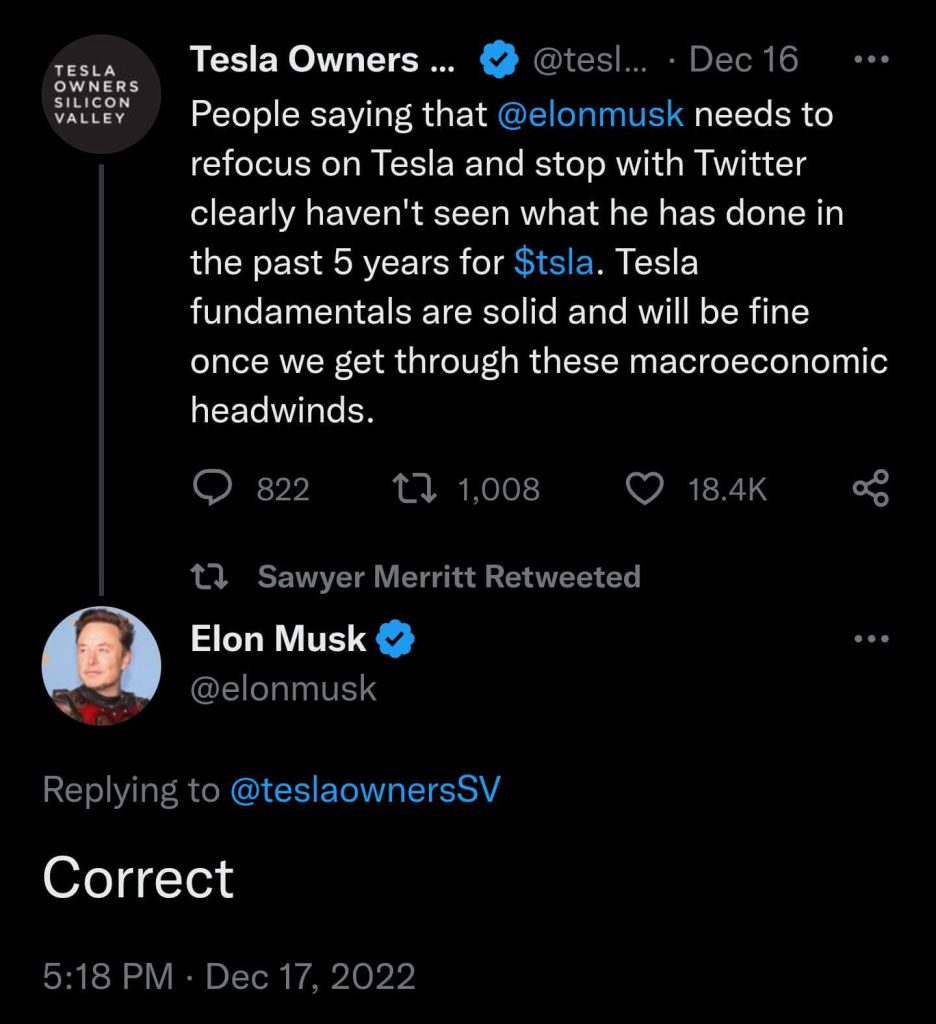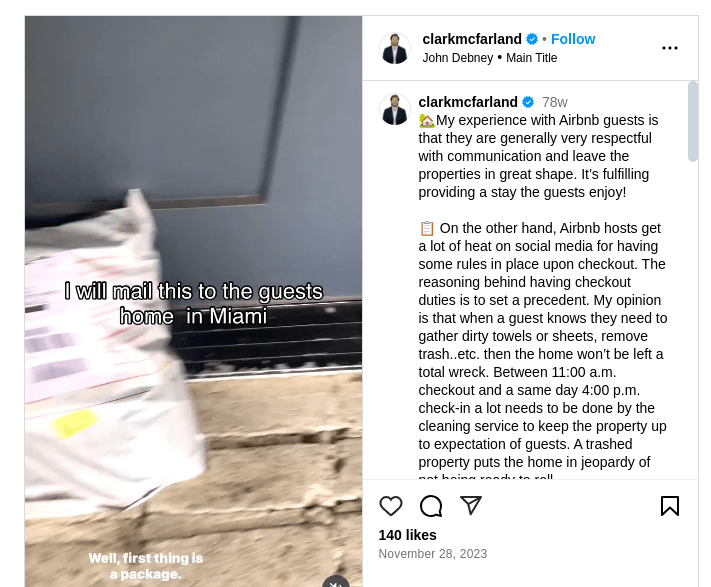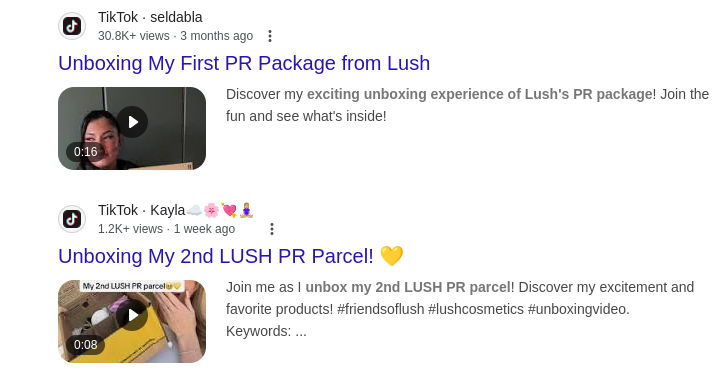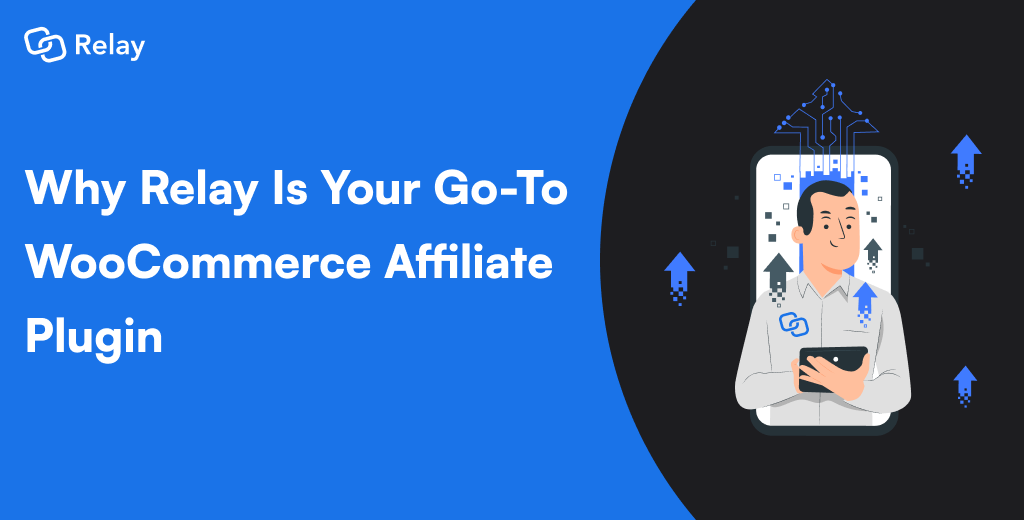Word-of-mouth marketing (WOMM) is more than casual chatter—it’s one of the most influential tools in modern marketing, and McKinsey reports that WOMM drives 20–50% of all purchasing decisions. In a digital world flooded with ads, authentic conversations, whether through reviews, referrals, or social media, cut through the noise and drive action.
Top brands like Tesla, Airbnb, and Glossier don’t rely solely on paid media. Instead, they build intentional word-of-mouth marketing strategies rooted in user-generated content, referral programs, and loyal communities.
This guide breaks down why WOMM works and how you can use it to turn everyday customers into your most effective marketers.
Set up a system that rewards and retains your affiliates. Relay makes it easy for store owners to harness the power of word-of-mouth marketing with automated tracking, reward referrals, and more.
What Is Word-of-Mouth Marketing?
Word-of-mouth marketing (WOMM) is a powerful strategy where satisfied customers actively share their positive experiences with others, whether through face-to-face conversations, social media posts, online reviews, or personal referrals. Unlike traditional ads, word-of-mouth advertising feels authentic and trustworthy, making it one of the most effective forms of promotion.
But it’s not just luck. Smart brands design their word-of-mouth marketing strategy with intention, creating standout customer experiences, building loyalty programs, and encouraging social sharing to amplify organic buzz.
That’s why the most successful companies across B2C and B2B word-of-mouth prioritize authentic customer engagement that sparks conversations.
In short, WOMM turns your customers into your most powerful marketers.
Why Word of Mouth Works?
Word-of-mouth marketing isn’t just powerful—it’s human nature. We instinctively trust the people we know, and we’re more likely to try something when it comes with a genuine recommendation. Here’s a deeper look at why this timeless tactic still outperforms many modern forms of advertising:
Trust: The Foundation of WOMM
According to Nielsen, 92% of consumers trust recommendations from friends and family over any form of traditional advertising. That’s because people don’t see personal recommendations as marketing—they see them as advice. Unlike ads, which often feel biased or exaggerated, word of mouth is perceived as honest and experience-driven.
When someone you know vouches for a brand, product, or service, it carries emotional weight. That makes WOMM especially effective in both B2C and B2B word-of-mouth marketing, where trust is a critical part of the buying process.
Cost-Efficiency: High Impact, Low Spend
Traditional advertising—think campaigns, TV spots, or influencer partnerships—often comes with high acquisition costs. In contrast, word-of-mouth marketing can organically generate leads at little to no cost once the systems (like great customer experience or referral programs) are in place.
By turning your happy customers into your promoters, you can lower your marketing budget while increasing your reach. Referral programs, review incentives, and user-generated content are examples of high-ROI word-of-mouth advertising methods that don’t break the bank.
Viral Potential: Exponential Reach
Happy customers talk. And with social media, that talk can scale fast. A single enthusiastic tweet, TikTok video, or LinkedIn post can spark thousands of impressions, shares, and comments. This kind of word-of-mouth marketing strategy has the power to reach audiences that even the most expensive ad campaigns might miss.
The key is to create experiences or content worth sharing—whether it’s a viral challenge (like the Ice Bucket Challenge), a unique unboxing, or an unexpectedly delightful customer service moment.
Longevity: Sustained Brand Growth
Unlike paid ads that cease the moment the budget is depleted, word-of-mouth marketing builds over time. Loyal customers become long-term brand ambassadors, continuously talking about your product months—or even years—after their first purchase.
This creates a self-sustaining growth loop, especially if you actively nurture relationships with loyal customers through loyalty programs, community-building efforts, or shareable product innovations. Over time, this organic buzz strengthens your reputation and creates compounding returns.
Word of Mouth Marketing Strategy Tactics
A successful word-of-mouth marketing strategy isn’t just about hoping people talk about your brand, it’s about engineering moments and experiences that make them want to. Here are the key tactics top brands use to build unstoppable organic buzz:
1. Deliver Exceptional Experiences
The foundation of all word-of-mouth marketing is simple: give people something worth talking about.
Whether it’s Apple’s premium unboxing or Zappos’ famously delightful customer service, great experiences make customers feel valued and excited to share their stories. These moments turn into conversations, social posts, and online reviews, each one a form of word-of-mouth advertising that builds credibility and reach.
Pro Tip: Pay attention to the details—packaging, thank-you notes, support interactions, and post-purchase follow-ups can all be optimized for delight.
2. Incentivize Referrals
Formalizing word-of-mouth marketing through referral programs turns loyal customers into brand ambassadors. Think of how Dropbox grew exponentially by offering free storage for every referral or how Uber rewarded both referrers and referees with ride credits.
Tools like ReferralCandy, Yotpo, and Friendbuy make it easy to track, reward, and scale your referral-based WOMM.
This tactic is especially effective for WooCommerce brands looking to reduce acquisition costs while increasing customer lifetime value.
3. Leverage User-Generated Content (UGC)
Nothing says authenticity like content created by real customers. Whether it’s selfies with your product, unboxing videos, or testimonial reels, user-generated content builds trust faster than any ad ever could.
Brands like Glossier and Fenty Beauty have built entire marketing ecosystems around reposting UGC, making customers feel seen and heard, fueling even more content and word of mouth in return.
Pro Tip: Create branded hashtags and encourage customers to tag you for a chance to be featured.
4. Use Influencer and Micro-Influencer Marketing
While traditional influencer marketing is paid, the best collaborations feel organic, especially when influencers are real fans of your product. This approach is highly effective in both consumer and B2B word-of-mouth marketing, where peer validation is key.
Micro-influencers, in particular, often have stronger engagement and trust with niche audiences. When these creators genuinely love and share your brand, it doesn’t feel like advertising—it feels like a recommendation.
Pro Tip: Focus on long-term partnerships with creators whose values align with yours.
5. Build a Community
The most powerful word-of-mouth marketing examples often come from brands that create a sense of belonging.
Communities like LEGO Ideas, Peloton’s Facebook groups, or Notion’s Reddit channel give users a place to connect, share stories, and spread enthusiasm. When customers are part of something bigger than a transaction, they advocate for your brand naturally.
Pro Tip: Launch a branded community hub, start a private Slack group, or host virtual meetups to foster conversation and loyalty.
6. Create Shareable Moments
Virality often starts with a clever idea. The best word-of-mouth campaigns tap into emotion, personalization, or humor to prompt organic sharing.
A great example? Coca-Cola’s “Share a Coke” campaign. By putting individual names on bottles, they created personal moments that people felt compelled to share on social media.
Other brands achieve this through surprise gifts, personalized packaging, or Instagrammable product design.
Word of Mouth Marketing Examples
Seeing these strategies in action helps clarify how powerful word-of-mouth marketing can be when done right. Here are standout examples across industries:
Tesla

Tesla famously spends virtually nothing on traditional advertising. Instead, their marketing relies on passionate fans, viral product announcements, and social media chatter often driven directly by Elon Musk.
This grassroots buzz is a textbook case of word-of-mouth advertising powered by innovation and community excitement.
Airbnb

From day one, Airbnb embraced peer-to-peer trust by encouraging hosts and guests to leave reviews and refer others. The brand’s growth exploded thanks to social proof and user-generated content, making every stay part of their ongoing word-of-mouth marketing strategy.
Slack
A prime example of B2B word-of-mouth marketing, Slack didn’t run flashy ad campaigns in its early days. Instead, it relied on teams organically recommending the tool to others based on productivity wins. Word spread through tech blogs, developer forums, and Twitter, all without heavy paid media.
Lush Cosmetics

Lush is beloved not just for its products but for its values. With a focus on sustainability, handmade goods, and ethical practices, the brand cultivates loyal fans who eagerly share their Lush hauls, store visits, and unboxing rituals across platforms, creating a consistent stream of word-of-mouth advertising online and offline.
Glossier
Glossier’s entire business model is built on UGC, community feedback, and customer advocacy. They constantly involve users in product development, repost their content, and make customers the stars of their social feeds, a perfect example of a brand using WOMM to scale from a blog to a beauty empire.
Tired of expensive ads that don’t convert? Relay helps you build a network of real voices—customers, influencers, and creators who share your products with the world.
Final Thoughts
Word-of-mouth marketing (WOMM) remains one of the most authentic and cost-effective ways to grow your brand. By delivering exceptional experiences, leveraging user-generated content, and incentivizing referrals, brands can create powerful word-of-mouth advertising that builds trust and loyalty.
Top companies like Tesla, Airbnb, Slack, and Glossier show how effective a strong WOMM strategy can be, whether in B2C or B2B markets. When customers become your advocates, your reach grows organically, acquisition costs drop, and your brand thrives long-term.
Investing in word-of-mouth marketing isn’t just smart, it’s essential for lasting success.
Also Read
- Why Relay is the Ultimate WooCommerce Affiliate Plugin for Driving Sales and Growth
- The Psychology Behind Referral Marketing: Why It Works So Well
- The Power of Storytelling in Affiliate Marketing: Why Stories Sell Better Than Promos
Frequently Asked Questions
While both rely on customer recommendations, referral marketing is a structured program that offers incentives (like discounts or rewards) for bringing in new customers. Word-of-mouth marketing (WOMM) is broader and includes all types of customer-driven promotion, both organic and incentivized.
Yes. B2B word-of-mouth marketing is highly effective because decision-makers often rely on peer recommendations and trusted networks before making purchases. Brands like Slack and HubSpot grew rapidly by leveraging WOMM in professional circles and industry communities.
Social media acts as a megaphone for WOMM. When users share experiences, reviews, or content featuring your brand, it reaches a wider audience quickly. Platforms like Instagram, TikTok, and LinkedIn are key channels for both B2C and B2B brands.
Make it easy and rewarding for them! Use tactics like:
1. Exceptional service and product quality
2. Referral incentives
3. Branded hashtags and UGC campaigns
4. Surprise gifts or shoutouts when customers feel valued and excited, they’re more likely to spread the word.
Absolutely. WOMM levels the playing field for small businesses by helping them grow through customer trust and local buzz rather than big ad budgets. Small businesses can encourage reviews, create referral programs, and engage deeply with their communities to spark word-of-mouth.
